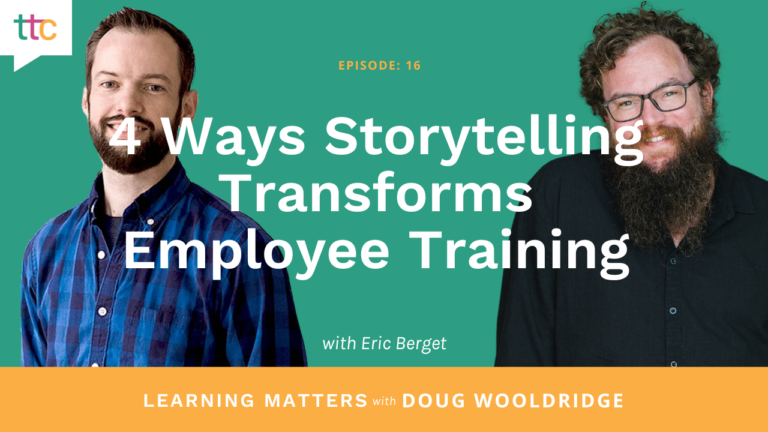If all of the books, articles and speech scripts related to adult learning were stacked upon each other, the total number of items would probably surpass the number of adults who actually participated in a learning session. In other words, a lot has been written!
There is so much great information out there. The purpose of this article is to share information relevant to four learning theories:
- Action
- Experiential
- Project-based
- Self-directed
Action learning is a common term used when referencing adult learning in the business world. It is an approach of problem-solving that involves taking action and then reflecting on the results. These results help improve the problem-solving process as well as the solutions the team develops.
An advantage of action learning is that this process is used forming groups. These groups — which should be created in a balanced and diverse manner — enhance the learning process and allow for significant contributions to the learning group.
One of the disadvantages of this adult learning theory is that there may be a constant struggle within the group between accomplishing their task and learning from it. It may difficult to ensure consistency across learning groups and sessions for any learning program. The diversity of the learning group may actually become a challenge with the dynamics of the group.
Experiential learning is learner-centric and operates on the premise that adults learn best by experience; in other words, “learn by doing.” Experiential learning has the learner directly involved with the curricula being studied rather than just thinking and talking about it.
An advantage of experiential learning is that it builds on experience of the adult learner. This is important because, as we all know, adults bring a wealth of work/life experience to every learning situation they face. As such, experiential learning is a holistic learning approach. It is most effective when the learning appeals to the internal factors of the adult learner. In other words, what’s in it for me?
On the other spectrum, experiential learning does not take into account the differences in cultural experiences or conditions; and it may not help to understand as well as explain change and new experiences.
With project-based learning, adult learners work in groups to solve challenging problems that are authentic and often cross academic boundaries. The adult learners decide how to approach the problem and what activities to pursue.
An advantage of project-based learning is that it gives the adult learner a chance to work on real-life scenarios that would be improbable on a real scale. It allows for cooperative learning situations which build teamwork and collaboration skills. Similar to experimental learning, project-based learning may not always be the best learning method when dealing with many different cultures and backgrounds since problem solving methods often vary from culture to culture.
The final theory, self-directed learning, is an example of informal learning. It is defined as the process in which adult learners take on the responsibility of their own learning process. Because of this framework, an advantage of self-directed learning is that it is easily integrated with the daily routines of the learner. It can be triggered by an internal or external motivation.
However, this method may not be preferred by all adult learners. And even if it is preferred, it may not always be the appropriate method. Instructor-led training may be more successful relative to the subject matter. And because it is unstructured, adult learners can easily be distracted or they lack independence, confidence, or resources.
Like most adult learning conjectures, each learning theory offers advantages and disadvantage. Therefore, continue to read, learn and challenge yourself on the notion of adult learning!






